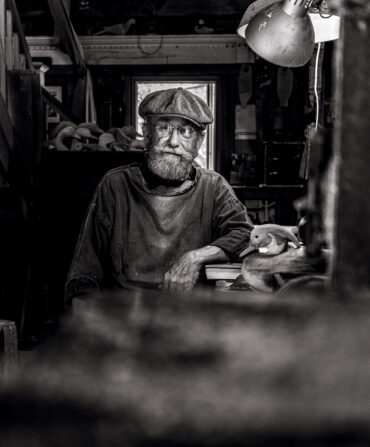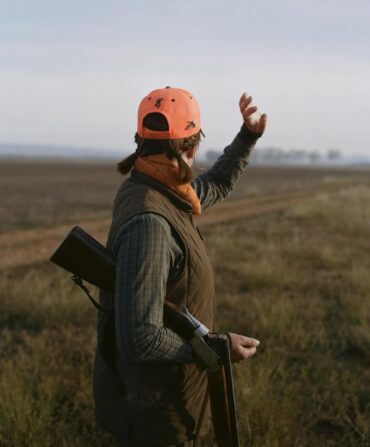Sporting South
Best of the Sporting South: Top Dog
In the world of field-trialing bird dogs, there are pointers and then there are…more pointers. So when an English setter named Shadow Oak Bo won the National Championship, he sent a shock wave through the circuit. Then he did it again
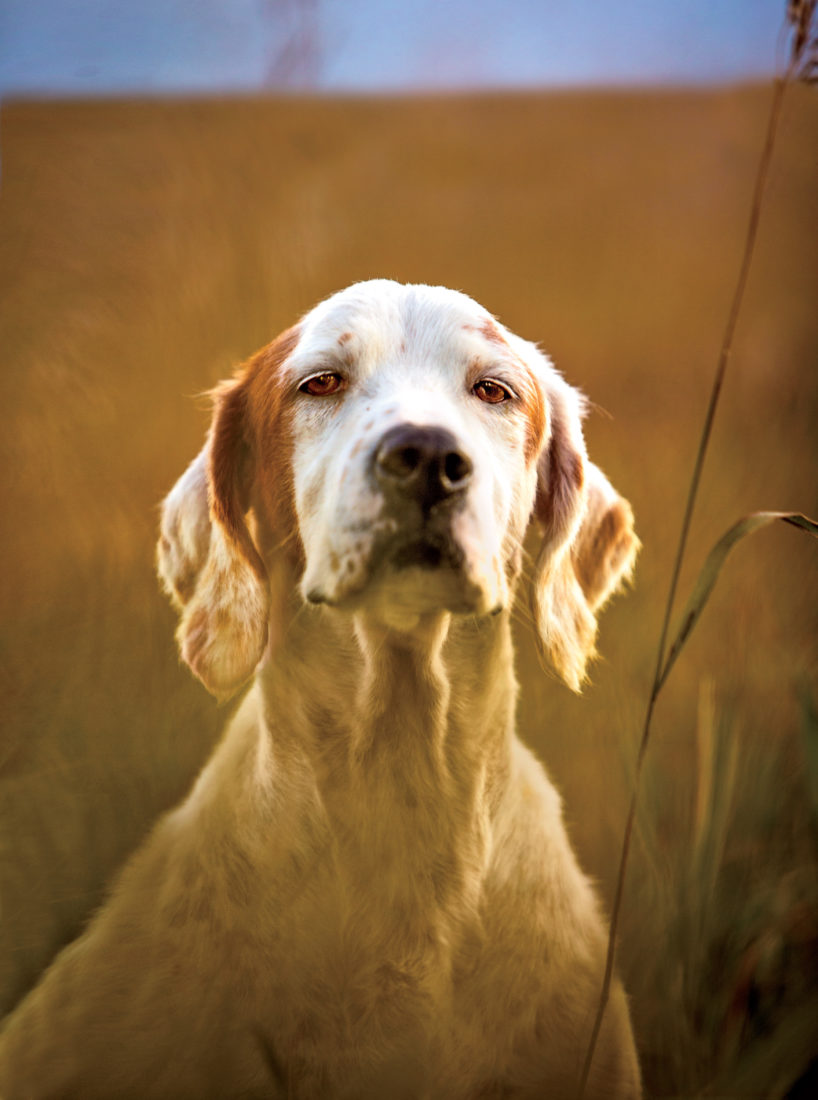
Photo: Robb Aaron Gordon
Several years ago, Robin Gates watched his friend and fellow trainer Buddy Smith offload a string of young dogs on a South Georgia plantation. The dogs, all English pointers and one English setter, would spend the next couple of days running through the johnsongrass and switchgrass, on the hunt for quail. Sometimes the dogs were flawless in their finds and points. Other times they’d need correction. But there was one dog that kept catching Gates’s eye, and surprisingly, it was the setter.
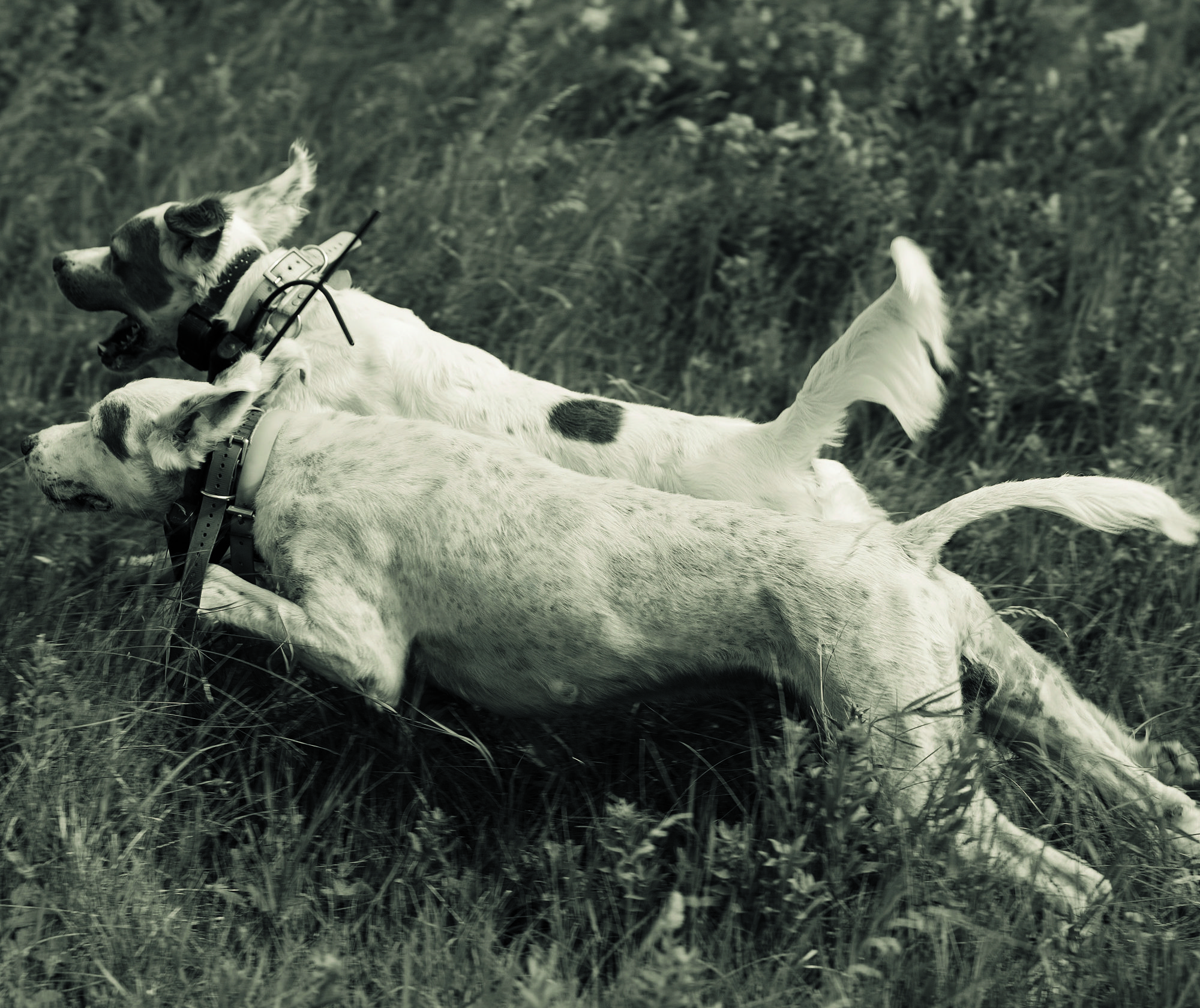
Photo: Robb Aaron Gordon
With a family history in field trialing and more than five hundred career wins himself, Gates knows a few things about bird dogs. Dog men like him don’t cotton to the latest trend; they are firmly rooted in reality. And Gates’s reality is that in the history of the National Championship, the granddaddy of the field-trial circuit where the top dogs compete for the year’s highest honors, English pointers have taken roughly 80 percent of the titles since the competition began, in 1896. Field-trial dogs are on the edge of crazy—bird crazy. Pointers are wired that way, and it’s what contributes to their drive, their speed, their athleticism, and their endurance. Setters are biddable dogs and have a strong desire to please their handlers, but whereas pointers are hard-nosed and tough, setters tend to be softer and more sensitive. And even if they’re shaved, they can easily overheat on a trial run that might last an hour and a half or more. Gates knew all that and had been a pointer man for good reason. Still, there was something about that setter.
His name was Bo, and what Gates liked about him was that he was an honest dog. Like a pointer, Bo was driven to find birds, and find them he did. Every time he locked up he was on a covey. He kept his nose high and winded game, and he wanted to work from the minute he was put down until the time he was picked up.
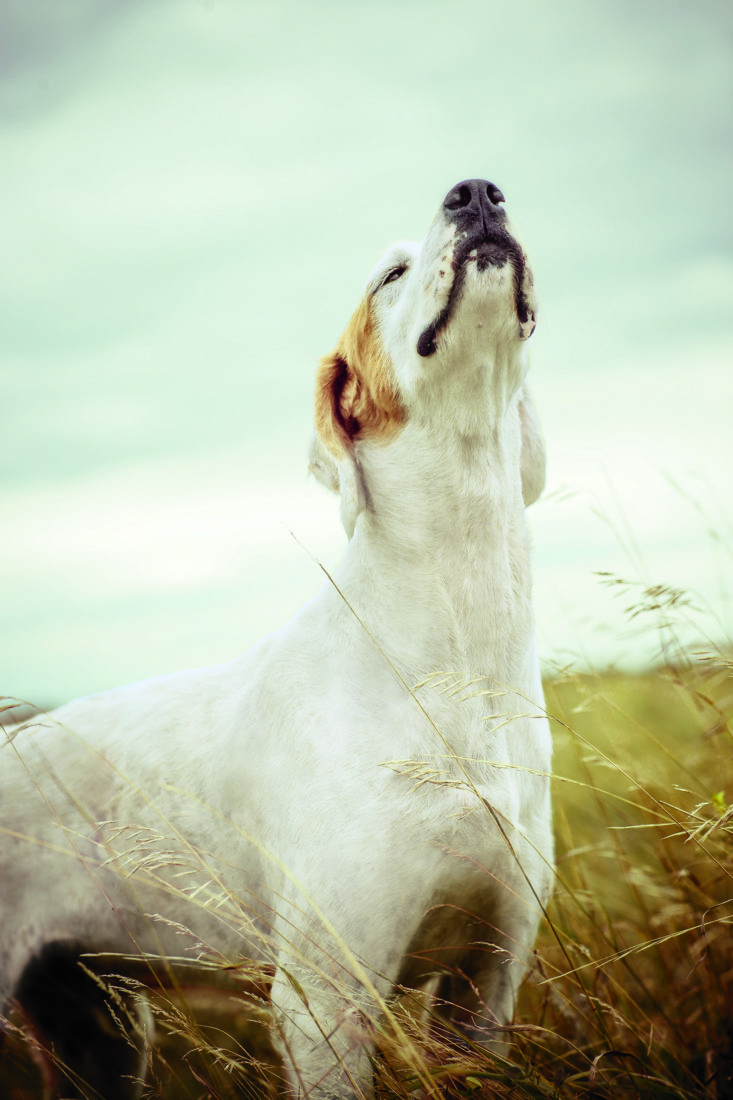
A few months later, Gates took another look at Bo. Then two years old, he was running about fifty pounds, with long legs, patches on both sides of his face, some color on his ears, and ticking on his all-white body. The dog wasn’t perfect. A primary shortcoming was that Bo ran in spurts. He’d run hard and then slow down, catch his breath, pick up the pace, and slow down again. But Gates could tell he was smart and figured Bo could learn to pace himself with experience. This was a dog that could go places.
He put in a call to his friend Butch Houston. The owner of Shadow Oak Plantation, a commercial quail hunting plantation in Nashville, Georgia, Houston has been running dogs on the circuit for more than forty years. Over time, he too had become a pointer man, but as it so happened, Houston’s first major win came with a setter named Silky Sullivan, and he was intrigued about Bo. Before heading to the plantation, Houston called his college roommate from Emory, John Dorminy, a longtime setter fan who had expressed interest in joining Houston as an owner if the right setter came along. And so a trinity of dog men huddled up to see what young Bo had in him.
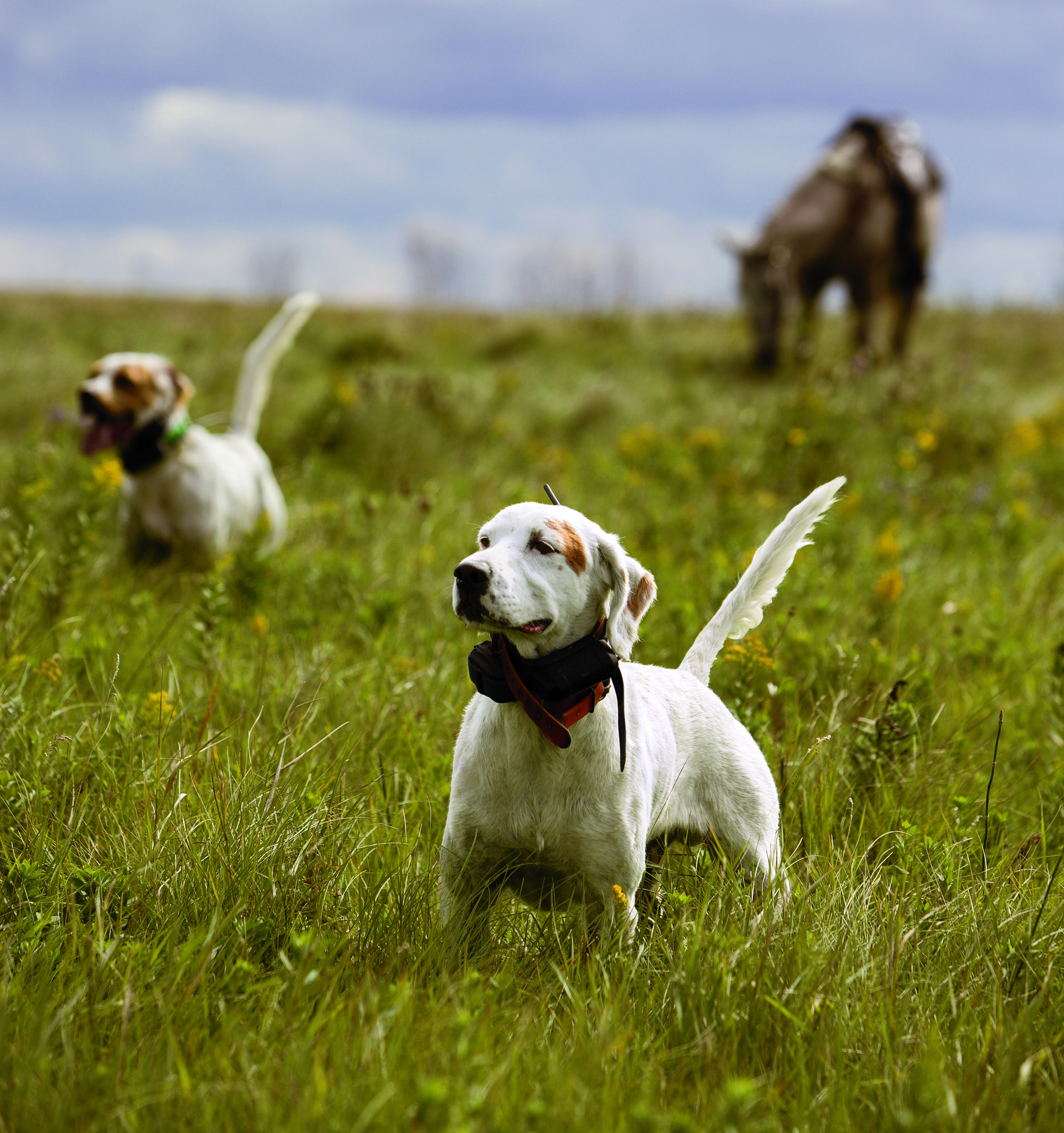
Photo: Robb Aaron Gordon
Gates’s assessment was spot-on. Bo would need to have his training finished, work on his pace, and improve his stamina and conditioning, but all three liked Bo’s nose, drive, and intensity, as well as his temperament. “I owned one championship pointer that Robin trained and campaigned for me,” Houston says. “And wouldn’t you know, that pointer wouldn’t let me pet him. The only one who could handle that dog was Robin. Bo is different. He’s typical of setters in that he’s friendly and likes people, but he’s got the focus and drive of a pointer.” They took a chance and Bo found a new home, hence his full name, Shadow Oak Bo.
Gates and Bo got to work, both in South Georgia and in Manitoba, Canada, where Gates spends his summers training in the cooler-than-Georgia temperatures. Bo’s stamina improved as well as his pace, and as Gates began entering him in competitions, lo and behold, Bo started winning. But the best was yet to come.
Now and again a setter qualifies to run the National, but for setter fans, their drought had been long. The last setter to win had been Johnny Crockett in 1970, and prior to that, Mississippi Zev in 1946.
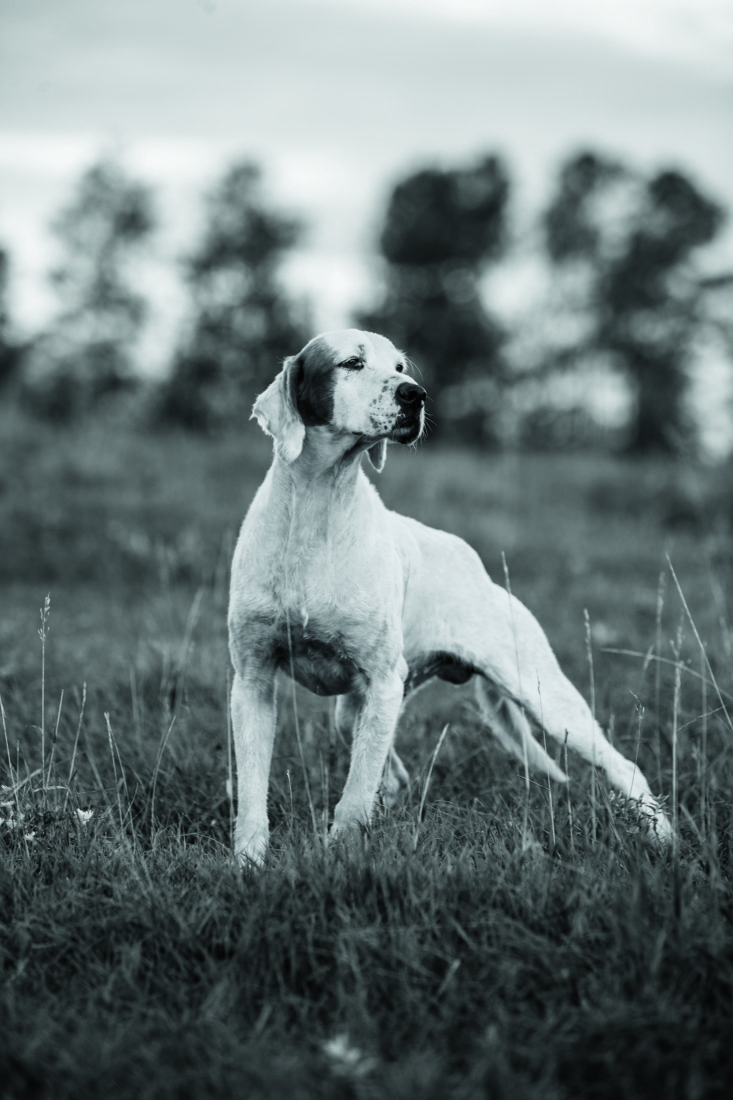
Bo began making history when he scored his first point only two minutes into his 2013 run at the National, held each February at Ames Plantation in Grand Junction, Tennessee. He was paired with a pointer named Rivertons Funseek’n Scooter, and it was a setter-pointer cage match until the very end. With fifteen minutes to go, Bo had six perfect finds and three backs, and his brace mate had five finds. Bo ran off out of sight, and when Gates caught up to him, the setter was on point for lucky number seven. Moments later, Bo was officially crowned the best bird dog in the country, beating out thirty-eight other dogs and becoming the first setter to win the National in forty-three years. “Every dog has his day, and Bo had his,” Gates says. “Bo came out hard and immediately found birds, which made him hungry for more. His pacing and cadence were smooth and balanced, and he opened it up at the end. We all were about as excited as we could be.”
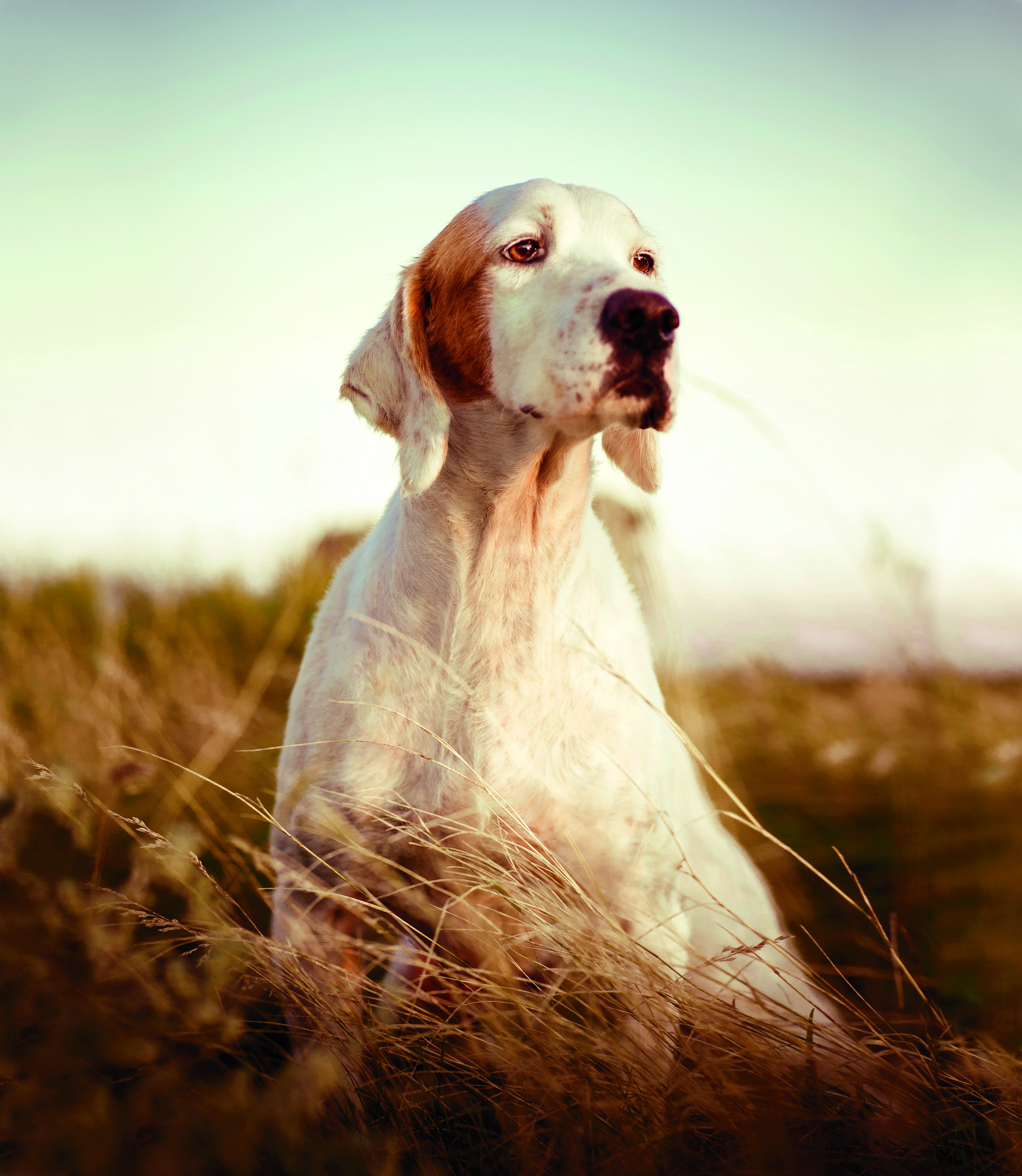
Photo: Robb Aaron Gordon
Eyes on the Prize
A tightly trimmed Bo after a day of late-summer training in southern Manitoba, Canada.
With his win, Bo automatically qualified for the 2014 National. Early in the heat, his brace mate, another pointer, drifted off the course, which meant Bo ran by himself for nearly three hours. He put on a clinic, pointing coveys in milo, lespedeza, broomsedge, you name it. In the end, Bo won again, the first setter since Sioux (1901–02) to win a back-to-back National. Should Gates and his owners decide to run him once more at the 2015 National, he has a shot at becoming the first dog to pull off a consecutive three-peat in the competition’s 118-year history. But regardless, to say that Bo has already done more for the reputation of the breed than any dog in recent memory is an understatement. These days, when Gates goes to a field trial and walks Bo around the kennels, he can’t help but notice a lot more English setters looking back at him.
“See, Bo?” Gates likes to say to him whenever he sees one. “Look what you’ve done.”
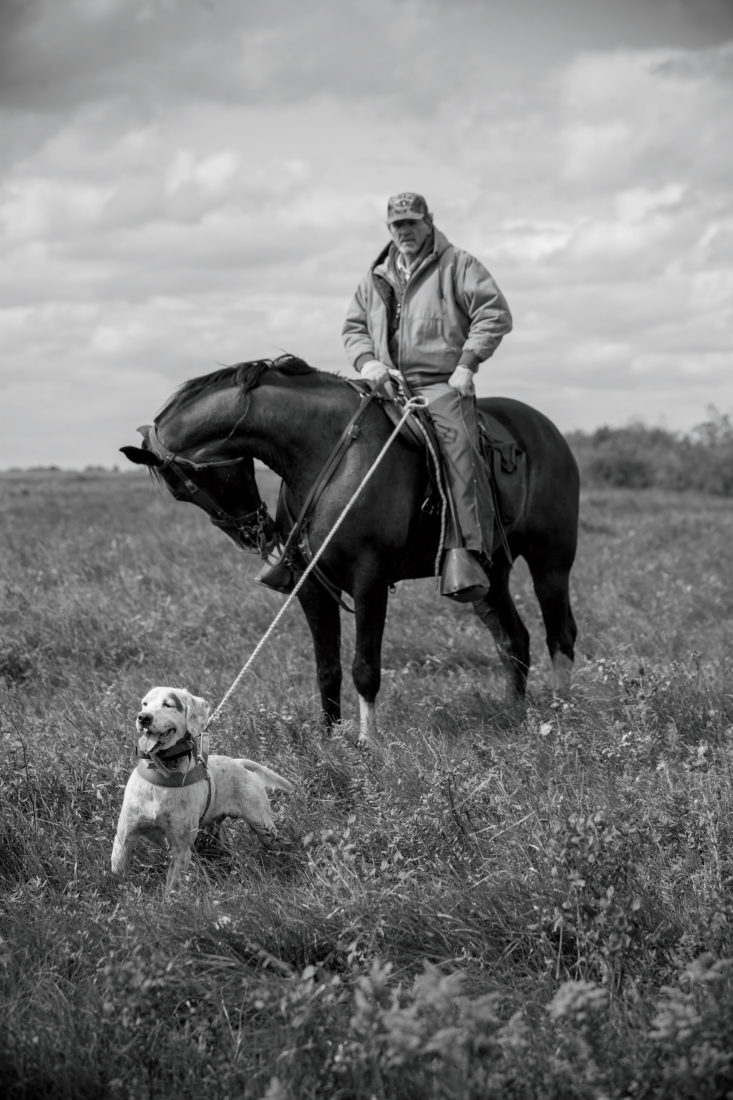
Photo: Robb Aaron Gordon
Field Day
Trainer Robin Gates and Bo set out for a morning workout.


